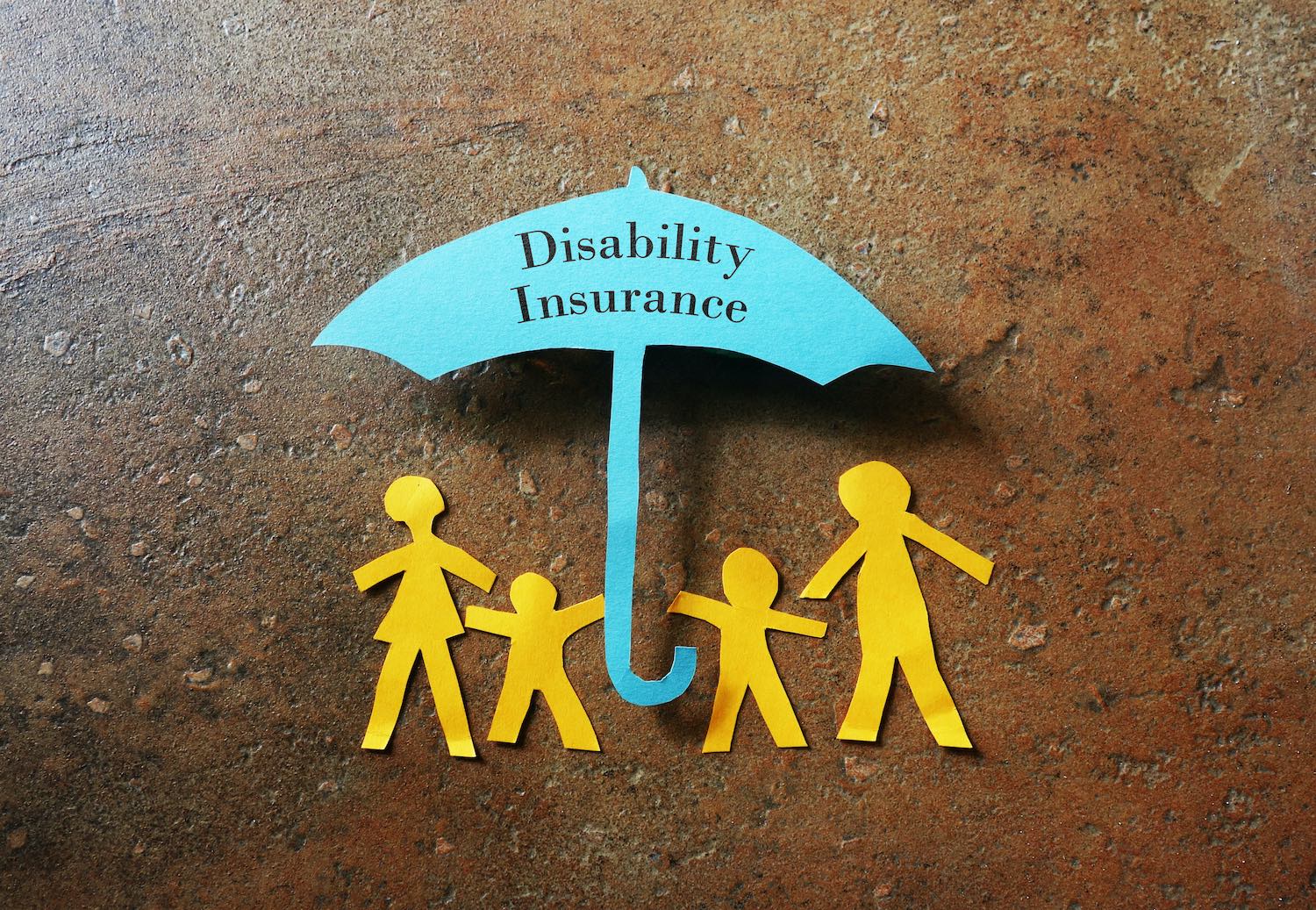You might think that only the super wealthy need to worry about asset protection planning. But the truth is that if you don’t have millions, you may be at even greater risk. For instance, if you are a multi-millionaire, a $50,000 judgment against you might not be that big of a deal. But for a family with a modest income, savings, and home, it could be devastating.
Furthermore, asset protection planning isn’t something you can put off until something happens. Once you are under threat of a lawsuit, it’s likely too late to protect your assets. Like all types of planning, to be effective, you must have your asset protection strategies in place well before something happens. And your asset protection plan isn’t a one-and-done deal: it must be regularly updated to accommodate changes to your assets, family dynamics, and the law.
While you should meet with us, your Personal Family Lawyer® to determine the asset protection strategies that are best suited for your particular asset profile and family situation, here are four essential strategies to consider for safeguarding your family’s most valuable assets.
1. Invest In Insurance
Insurance is always the first line of defense when it comes to asset protection. Anyone can file a lawsuit against you at any time—and basically for any reason. And whether you are ultimately found at fault or not, defending yourself in court can be extremely costly.
The insurance coverage you purchase should not only pay damages if a lawsuit against you is successful, the policy should also cover the cost of hiring a lawyer to defend you in court, whether you win or lose your case. And because a large judgment could exceed your policies’ coverage limits, you should also seriously consider buying umbrella insurance.
Should your underlying insurance policy max out, an umbrella policy will help cover any remaining damages and legal expenses. As your Personal Family Lawyer®, we will evaluate your current insurance policies and advise you about the types and amounts of insurance you should have for maximum protection of your assets.
2. Take Advantage Of Statutory Exemptions
Another way to protect your family’s assets is by taking full advantage of federal and state laws that make certain types of assets “exempt” from creditor claims and judgments. Depending on the state, the availability and amount of protection offered by these exemptions can vary.
For example, many states offer a homestead exemption, which protects a certain amount—or even the full value—of the equity you have in your primary residence from creditors. If your state provides a generous homestead exemption, paying down your mortgage could protect funds that would otherwise be vulnerable.
Similarly, federal and state laws also classify many retirement plans, such as 401(k)s and IRAs, as exempt assets. Additionally, some states offer significant, or complete, exemptions for life insurance policies and annuities, as well.
Even though such exemptions won’t offer you total protection, they can provide significant shelter for certain assets. Plus, using statutory exemptions is something that can be accomplished without investing anything—all that’s required is for you to understand how best to structure your investments to take advantage of these protections. Meet with us, your local Personal Family Lawyer® to learn what types and amounts of exemptions are available in your area, and how to make the best use of each one.
3. Use The Right Business Entity
Owning a business can be a major wealth-generating asset for your family, but it can also be a serious liability. In fact, without the proper protection, your personal assets are at serious risk if your company ever runs into trouble. For example, if your business is currently a sole proprietorship or general partnership, you are personally liable for any debts or lawsuits incurred by your business.
However, structuring your business as a limited liability company (LLC) or corporation is typically the best move for most small businesses. When properly set up and maintained, both entities create an impenetrable barrier between your personal assets and your business activities. Creditors, clients, and other potentially litigious individuals can go after assets owned by your company, but not your personal assets. Additionally, having the right business insurance in place can help shield your business assets from such claims.
If you own any kind of business, even just a side gig to earn extra income, you should consider setting up a protective entity to ensure any liabilities incurred by your company won’t affect your personal assets. We can help you select, put in place, and maintain the proper entity structure for your particular business operation. If you haven’t done this already, contact us right away to ensure your business doesn’t put your personal assets in jeopardy.
4. Put The Proper Estate Planning In Place
Although each of the above scenarios are mere possibilities, there is one certainty in life—death. It’s coming for all of us, and given this fact, your eventual death—or your potential incapacity from a serious accident or illness before you pass away—is the biggest risk to your family’s assets.
If you become incapacitated or die without proper estate planning in place, your assets and family will face a number of potentially tragic outcomes. Without the proper planning, your assets will get stuck in the court system, which could result in those assets passing to family members you would never want inheriting them, or if the assets eventually do pass to the loved ones you would want inheriting them, those assets could be seriously depleted or even lost. To this end, planning in advance for the inevitability of death is one of the greatest gifts you can give those you love most.
You work way too hard to leave your family’s assets at risk. If you’ve been putting off creating your estate plan—or if you haven’t updated your existing plan recently—now is the time to get it handled. As your Personal Family Lawyer® firm, we’ve made estate planning incredibly easy, and we start with a Family Wealth Planning Session, which is the first step in our Life & Legacy Planning process.
Life & Legacy Planning: Do Right By Those You Love Most
During this process, we’ll walk you through an analysis of your assets, what’s most important to you, and what will happen to your loved ones when you die or if you become incapacitated. From there, we’ll work together with you to put in place the right combination of estate planning solutions to fit with your unique asset profile, family dynamics, budget, as well as your overall goals and desires.
As your Personal Family Lawyer®, we aren’t like most estate planning firms—we see estate planning as far more than simply planning for your death and passing on your “estate” and assets to your loved ones—it’s about planning for a life you love and a legacy worth leaving by the choices you make today. And this is why we call our services Life & Legacy Planning. Contact us today to schedule your visit to ensure that your assets and loved ones are safeguarded from all potential threats.
This article is a service of a Personal Family Lawyer®. We do not just draft documents; we ensure you make informed and empowered decisions about life and death, for yourself and the people you love. That's why we offer a Family Wealth Planning Session™, during which you will get more financially organized than you’ve ever been before and make all the best choices for the people you love. You can begin by calling our office today to schedule a Family Wealth Planning Session and mention this article to find out how to get this $750 session at no charge.
Proper estate planning can keep your family out of conflict, out of court, and out of the public eye. If you’re ready to create a comprehensive estate plan, contact us to schedule your Family Wealth Planning Session. Even if you already have a plan in place, we will review it and help you bring it up to date to avoid heartache for your family. Schedule online today.






